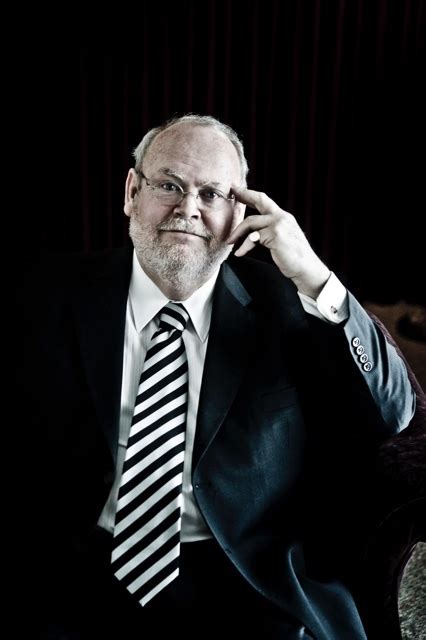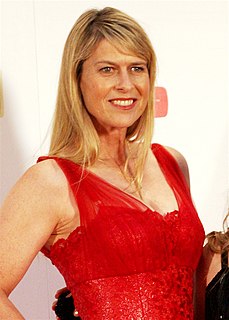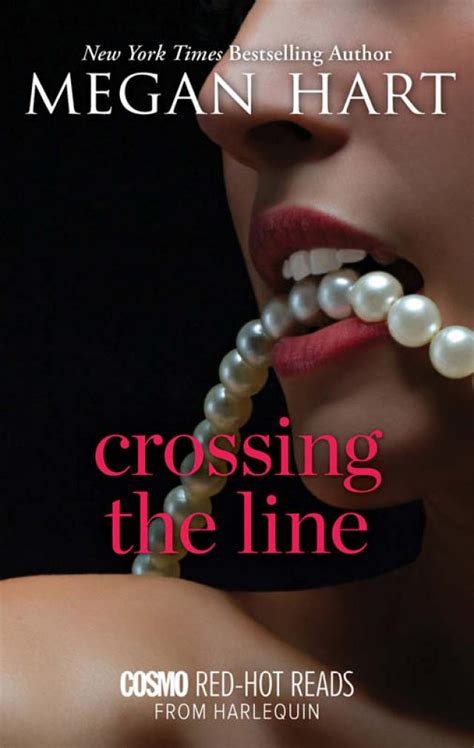A Quote by Elisabeth Kubler-Ross
Grief is real because loss is real. Each grief has its own imprint, as distinctive and as unique as the person we lost. The pain of loss is so intense, so heartbreaking, because in loving we deeply connect with another human being, and grief is the reflection of the connection that has been lost. We think we want to avoid the grief, but really it is the pain of the loss we want to avoid. Grief is the healing process that ultimately brings us comfort in our pain.
Related Quotes
I surrender it to God, knowing that the pain itself is a product or a reflection of how I am interpreting whatever it is that is causing me pain. Some pain is simply the normal grief of human existence. That is pain that I try to make room for. I honor my grief. I try to be kinder to myself. I give myself time to move through and to process whatever is making me sad.
Grief causes you to leave yourself. You step outside your narrow little pelt. And you can’t feel grief unless you’ve had love before it - grief is the final outcome of love, because it’s love lost. […] It’s the cycle of love completed: to love, to lose, to feel grief, to leave, and then to love again. Grief is the awareness that you will have to be alone, and there is nothing beyond that because being alone is the ultimate final destiny of each individual living creature. That’s what death is, the great loneliness.
Grief is neither a disorder nor a healing process; it is a sign of health itself, a whole and natural gesture of love. Nor must we see grief as a step toward something better. No matter how much it hurts-and it may be the greatest pain in life-grief can be an end in itself, a pure expression of love.
Sometimes grief is a comfort we grant ourselves because it's less terrifying than trying for joy. Nobody wants to admit it. We'd all declare we want to be happy, if we could. So why, then, is pain the one thing we most often hold on to? Why are slights and griefs the memories on which we choose to dwell? Is it because joy doesn't last but grief does?
The interesting thing about grief, I think, is that it is its own size. It is not the size of you. It is its own size. And grief comes to you. You know what I mean? I’ve always liked that phrase “He was visited by grief,” because that’s really what it is. Grief is its own thing. It’s not like it’s in me and I’m going to deal with it. It’s a thing, and you have to be okay with its presence. If you try to ignore it, it will be like a wolf at your door.
Television has never known what to do with grief, which resists narrative: the dramas of grief are largely internal - for the bereaved, it is a chaotic, intense, episodic period, but the chaos is by and large subterranean, and easily appears static to the friendly onlooker who has absorbed the fact of loss and moved on.





































